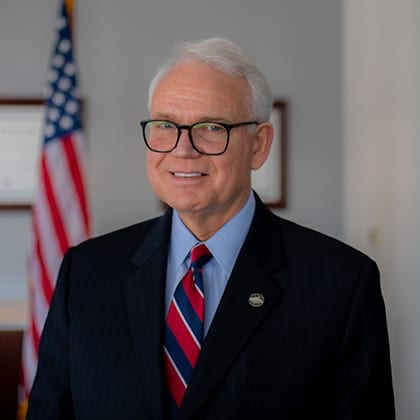Originally published by Utah Policy.
When accidents occur in auto racing, spectators get so caught up in the carnage and the speed at which it all happens that they have little time to consider what might have set the whole thing in motion. Was it something that happened in the heat of competition? Or was there an unsportsmanlike nudge that sent the cars careening?
The medical marijuana ballot initiative has come to resemble a NASCAR pileup. It’s time to take a deep breath and think carefully about where we go next. Let’s wave a yellow flag and signal a slowdown based on potential dangers ahead.
After previous legislative attempts to expand legal access to marijuana, the Utah Patients Coalition decided the legislative approach was taking too long for people suffering from chronic pain. As constitutionally allowed, they decided to take the issue to the people by gathering signatures to get the matter on the ballot.
So far, everyone seemed to be staying in their lanes.
Some concerned groups – Sutherland Institute among them – had questions as to whether people had actually read the petition, or were responding to brief explanations and signing in favor of a very complicated issue (an inherent risk of the ballot initiative process). For others in Utah, red flags in this initiative include overly broad language that could lead to unintended and even perilous consequences. This is where the nudging began. Claims and counterclaims are crashing; visibility has declined amid the smoke; and all parties are accusing someone of not following the rules.
Ever since – like stock cars helplessly zigzagging at high speed into a tangle of other out-of-control vehicles – momentum has seemingly committed all parties to a full-throttle, pedal-to-the-metal path, each hoping their car will emerge on the other side, still capable of finishing the race.
But the reality is, we are not on a track nor in a race, and there is no predetermined outcome. This is a debate – a decision to be made – over important policy that will impact Utah for generations to come. There is so much at stake.
Patients are suffering. Doctors are concerned. Compliance with federal law is an issue. Lessons from other communities are cautionary. Community standards are at stake. And last but certainly not least, the integrity of the ballot initiative process,and our trust in one another, are all on the line.
How can we navigate this yellow-flag moment and safely emerge on the other side? How can we come back from the first “nudge” – regardless of who initiated the contact – and solve this problem?
First, let’s take responsibility for our own driving. For anyone who signed the petition expecting to see it on the November ballot – read the initiative! You owe it to your neighbors who will live with this decision. If you still agree with it – all of it – then own your decision and vote in November, and let’s dispense with the vitriol.
If the language raises questions, move beyond accusations and inaccuracies by becoming informed. An hour spent gathering facts will help. A few suggested search topics include: the difference between CBD and THC, whether CBD is already available, and whether outside groups are seeking to influence Utah’s decision. Look and see if you are aligned or opposed to the Marijuana Policy Project and decide for yourself where you stand.
Finally, sort through the debris already littering the track when it comes to motives. You as the voter will need to make the call as to whether this effort is driven by morals, compassion or revenue.
This debate, and those caught in the middle, deserve so much more than front-porch ambushes, social media character assassinations and, now, litigation. We can do better. We have the capacity – with some personal effort – to make an informed decision. It was the fear of our unwillingness to do this very thing that compelled Alexander Hamilton to warn us about populism – the direct voice of a majority – that could lead to anarchy. Hamilton’s warning was not a criticism of the character of the people; it was a caution against unchecked and uninformed passion. It was the recognition that people can be riled up – and signature gatherers, lawsuits, and false accusations tend to do just that.
Along with a conversation about the ballot initiative process, or the appropriateness of threats and lawsuits, Sutherland suggests a conversation about civility: about our willingness to engage and discover for ourselves the facts of any given issue. Given that we will likely see more initiatives in the future, we would do well to gain a clear understanding of our critical and personal obligation in the process.
Utah should commit to fair competition in the arena of sound ideas and principled solutions – rather than this high–speed, “bump and run” strategy that will only hurt those we intend to help and lead to more reckless driving down the road.
More Insights
Read More
Education policy to consider during the 2024 election season
Here’s a look at what each presidential candidate is likely to focus on in education, given their track records and campaign platforms.
Ignoring the text of the Constitution is a mistake
A written Constitution is entirely superfluous if the document is simply meant to give the people what they want.
What you need to know about election integrity
It should be easy to vote and hard to cheat. This oft-quoted phrase has been articulated as a guiding principle by many elected officials wading into voting and election policy debates in recent years. So why has this issue been so contentious, and what’s the solution?



